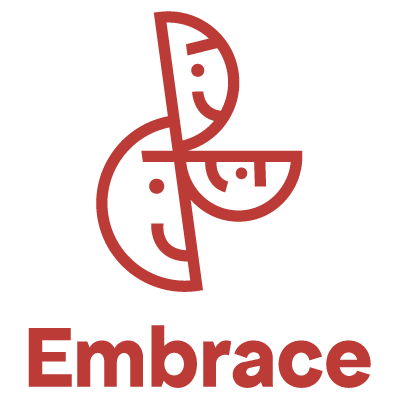Meet the decision-makers: Jean Baptiste Pointel
Jean Baptiste Pointel is the head of user&citizen participation unit of the Est ensemble of Paris. He is one of the decision-makers who joined the Embrace project in France.
Why did you choose to join the Embrace project?
My mantra is nothing about us without us. Therefore, my purpose, as head of the user&citizen participation unit, is to involve all the residents in public decision-making. However, the traditional stakeholders are, most often, those who already vote and are represented in elected bodies. The inhabitants of Est ensemble are specific to France: as a percentage, there are more poor people, more newcomers and more people who perceive public entities as mere institutional constraints. For them, solidarity is carried by NGO and not by local authorities. This is especially true for the newcomers, who are used to believing they cannot be involved in the public life of their new country. According to the concept of universal design, a public service should be designed to meet the needs of all people who wish to use it, to the greatest extent possible, regardless of their origin, wealth, abilities… Working with people on margins tends to broaden accessibility to all users and improve inclusion. That is why I chose to join the Embrace project: to design better public services for newcomers and, by extension, for all residents.
What are the lessons learnt you brought with you from the training pathway?
The main lesson is about the implicit bias we all have. Most of us think through stereotypes. What is at stake, for civil servants, is to switch from a humanitarian to a user perspective. Instinctively, we want to help newcomers as children in need, or we see them as mere numbers to be managed. They are human people, and we need to acknowledge this in every step of our action. This may seem very trivial, however, this is a very common challenge we face every day. The training pathway helped me to have tools to struggle against such representations and to better involve newcomers. The civil servants who attended the training were from the different municipalities that are part of Est ensemble. We have different backgrounds and perspectives: public tranquility, migrant units, citizen participation, user relations. We shared our experience and problems. It helps me to understand how change has to be systemic, but that it can start from scratch, little by little.
How do you expect the project to develop in the future?
I have, in my mind, three concentric circle. First, we will work with the newcomers panel. I prefer to let them lead. They can express their needs and we can work together to find the right answer. Once we have completed a Proof of Concept (POC), we should involve the elected officials, who are following the project, in order to implement it and scale up. Est ensemble is in the process of changing its Citizen Relationship Management (CRM). I would like the newcomers panel to beta test it and help us improve it, for greater inclusion of our inhabitants. We should capitalize on this experience. There can be more public communication, towards our inhabitants, but also towards other local authorities. I think we could organize feedback to other French civil servants via CNFPT networks (training center for all local civil servants), and maybe organize workshops. This could be part of the onboarding of new civil servants in our municipalities.
